Gynecomastia: Symptoms, Causes, and Treatments
Learn about gynecomastia, its symptoms, causes, diagnosis, and treatment options. Understand hormonal, medical, and lifestyle factors, and explore ways to manage and treat this condition.

Written by Dr. Mohammed Kamran
Reviewed by Dr. Shaik Abdul Kalam MD (Physician)
Last updated on 13th Jan, 2026

Gynecomastia is a common condition that causes the enlargement of breast tissue in males. While it is not usually a serious medical problem, it can cause discomfort, embarrassment, and emotional distress. If you or someone you know is dealing with this condition, understanding its symptoms, causes, and treatment options can help in managing it effectively.
What is Gynecomastia?
Gynecomastia is the swelling of breast tissue in boys or men due to an imbalance between the hormones estrogen (female hormone) and testosterone (male hormone). While estrogen promotes breast tissue growth, testosterone usually prevents it. When this balance is disrupted, breast tissue can enlarge.
This condition can affect one or both breasts and may occur at any age—newborns, teenagers, and older men are most commonly affected. In most cases, gynecomastia is harmless and resolves on its own, but in some cases, medical treatment may be needed.
Symptoms of Gynecomastia
The most common signs of gynecomastia include:
- Swollen breast gland tissue
- Breast tenderness or pain
- A rubbery or firm lump under the nipple
- One or both breasts appear larger than usual
If you notice any of these symptoms, it’s important to consult a doctor to rule out other conditions like breast cancer or infections.
What Causes Gynecomastia?
Several factors can contribute to gynecomastia, including:
1. Hormonal Imbalance
Natural Hormone Changes: Newborn boys may have temporary breast enlargement due to estrogen from their mothers. Teenage boys often experience gynecomastia during puberty due to hormonal fluctuations. Older men may develop it as testosterone levels decline with age.
Medical Conditions: Certain health issues, like liver disease, kidney failure, or hyperthyroidism, can disrupt hormone balance.
2. Medications
Some drugs can cause gynecomastia as a side effect, including:
- Anti-androgens (used for prostate conditions)
- Anabolic steroids
- Some antidepressants and anxiety medications
- Heart medications like digoxin
- HIV/AIDS medications
3. Lifestyle Factors
- Alcohol and Drug Use: Excessive alcohol, marijuana, and heroin can contribute to breast tissue enlargement.
- Obesity: Excess fat can increase estrogen production, leading to breast tissue growth.
4. Other Causes
- Herbal Products: Some supplements containing plant-based estrogens (like tea tree oil or lavender) may trigger gynecomastia.
- Tumours: Rarely, tumours in the testicles, adrenal glands, or pituitary gland can cause hormonal imbalances.
How is Gynecomastia Diagnosed?
If you suspect gynecomastia, a doctor will:
1. Review Medical History: Check for medications, health conditions, or lifestyle factors that may contribute.
2. Physical Exam: Examine breast tissue, abdomen, and genitals for abnormalities.
3. Blood Tests: Measure hormone levels (testosterone, estrogen, liver function).
4. Imaging Tests: Ultrasound or mammogram to rule out breast cancer.
Treatment Options for Gynecomastia
Treatment depends on the underlying cause and severity.
1. Observation & Lifestyle Changes
If gynecomastia is due to puberty or mild hormonal changes, it may resolve on its own within months.
- Weight Loss: If obesity is a factor, losing weight can help reduce breast size.
- Avoid Triggers: Stopping medications (under doctor’s guidance), alcohol, or drugs that may be causing the condition.
2. Medications
If hormonal imbalance persists, doctors may prescribe:
- Testosterone therapy (if levels are low)
- Estrogen blockers (like tamoxifen or raloxifene)
3. Surgery
If gynecomastia doesn’t improve with lifestyle changes or causes severe discomfort, surgical options include:
- Liposuction: Removes excess fat but not glandular tissue.
- Mastectomy: Removes breast gland tissue through small incisions.
Consult an Gynecologist for the best advice
When to See a Doctor?
Consult a doctor if you notice:
- Persistent breast enlargement
- Pain or tenderness
- Discharge from nipples
- Signs of infection (redness, swelling)
- Early diagnosis helps rule out serious conditions like breast cancer.
- Living with Gynecomastia: Tips for Emotional Well-being
- Wear Supportive Clothing: Compression shirts can help reduce appearance.
- Stay Active: Exercise can improve self-esteem and reduce fat.
- Seek Support: Talking to a counsellor or support group can help cope with emotional distress.
Need Help? Consult a Specialist
If you’re concerned about gynecomastia, Apollo 24|7 offers expert consultations with endocrinologists and surgeons who can guide you through diagnosis and treatment options. You can easily book an appointment or lab test through the Apollo 24|7 app or website.
Final Thoughts
Gynecomastia is a common and often harmless condition, but it can affect confidence and comfort. Understanding its causes and treatment options can help you take the right steps toward managing it. If you’re experiencing symptoms, don’t hesitate to seek medical advice; early intervention can make a big difference.
Consult an Gynecologist for the best advice
Consult an Gynecologist for the best advice

Dr. Revathi S Rajan
Obstetrician and Gynaecologist
24 Years • MBBS, DGO, DNB.FFMM
Bengaluru
Apollo Clinic, JP nagar, Bengaluru

Dr. Dershana P Rajaram
Obstetrician and Gynaecologist
35 Years • MBBS, DGO
Bangalore
Apollo Clinic Bellandur, Bangalore

Dr. Sreeparna Roy
Obstetrician and Gynaecologist
8 Years • MBBS , MS (OBSTETRICS & GYNAECOLOGY), Fellowship in Infertility, Endoscopy & Ultrasonography), Fellowship in Laparoscopy & Hysteroscopy,DRM
Kolkata
Dr Utsa Basu Clinic, Kolkata
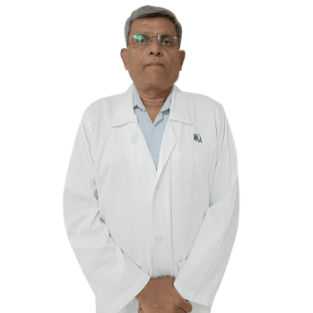
Dr. Vineet Mishra
Infertility Specialist
36 Years • MD, Phd, DSc
Ahmedabad
Apollo Hospitals - Gandhinagar, Ahmedabad, Ahmedabad

Dr. Sunabha K Ghosh
Obstetrician and Gynaecologist
9 Years • MBBS, MS (Obstetrics & Gynaecology), DNB (Obstetrics & Gynaecology), MIAGE, RCOG Associate [UK]
Kolkata
Gajanan Multispeciality Clinic, Kolkata
Consult an Gynecologist for the best advice

Dr. Revathi S Rajan
Obstetrician and Gynaecologist
24 Years • MBBS, DGO, DNB.FFMM
Bengaluru
Apollo Clinic, JP nagar, Bengaluru

Dr. Dershana P Rajaram
Obstetrician and Gynaecologist
35 Years • MBBS, DGO
Bangalore
Apollo Clinic Bellandur, Bangalore

Dr. Sreeparna Roy
Obstetrician and Gynaecologist
8 Years • MBBS , MS (OBSTETRICS & GYNAECOLOGY), Fellowship in Infertility, Endoscopy & Ultrasonography), Fellowship in Laparoscopy & Hysteroscopy,DRM
Kolkata
Dr Utsa Basu Clinic, Kolkata

Dr. Vineet Mishra
Infertility Specialist
36 Years • MD, Phd, DSc
Ahmedabad
Apollo Hospitals - Gandhinagar, Ahmedabad, Ahmedabad

Dr. Sunabha K Ghosh
Obstetrician and Gynaecologist
9 Years • MBBS, MS (Obstetrics & Gynaecology), DNB (Obstetrics & Gynaecology), MIAGE, RCOG Associate [UK]
Kolkata
Gajanan Multispeciality Clinic, Kolkata
Get Your Health Assessed

Ms. Richa Sharma
Physiotherapist And Rehabilitation Specialist
12 Years • MPT,MIAP
Noida
Apollo Hospitals Sector 26, Noida

Dr. Gopal Achari
Neurosurgeon
20 Years • MBBS, MS (GEN SUR), MCH (NEURO SUR)
Kolkata
Apollo Multispeciality Hospitals , Kolkata, Kolkata

Dr. Anil Pradeep Jadhav
Orthopaedician
23 Years • MBBS MS (Ortho)
Nashik
Apollo Hospitals Nashik, Nashik
(25+ Patients)
Dr. Kavitha Killaparthy
Dermatologist
23 Years • MBBS,DIPLOMA(DERMATOLOGY,VENEREOLOGY,LEPROSY)
Hyderabad
JDS Skin & Hair Clinic, Hyderabad
Dr. Mayuri Jain
Dermatologist
11 Years • MBBS, MD Dermatology , Venereology & Leprosy
Delhi
Dr Mayuri Jain Clinic, Delhi
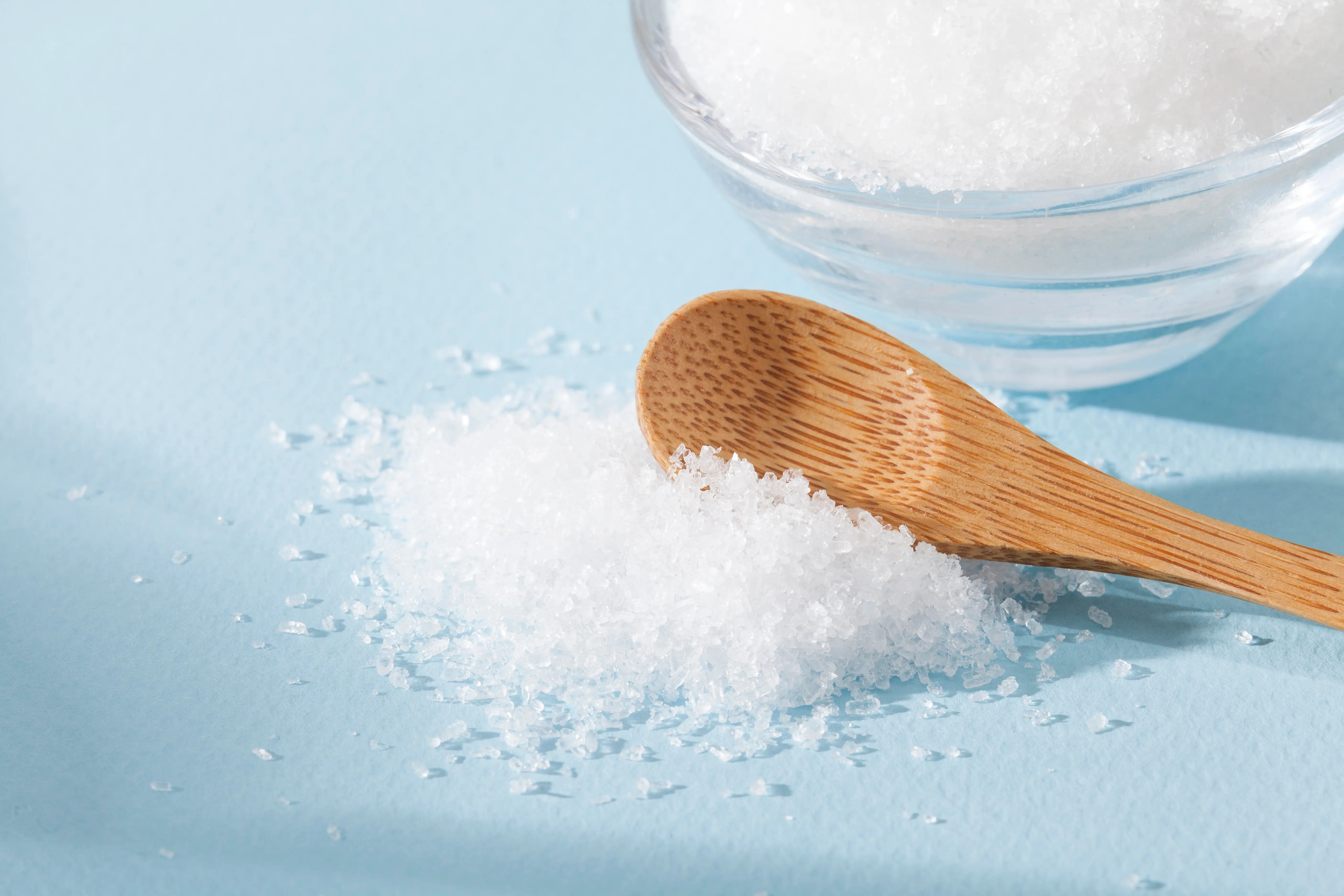
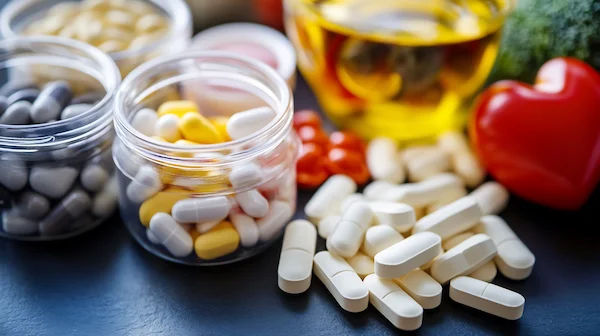
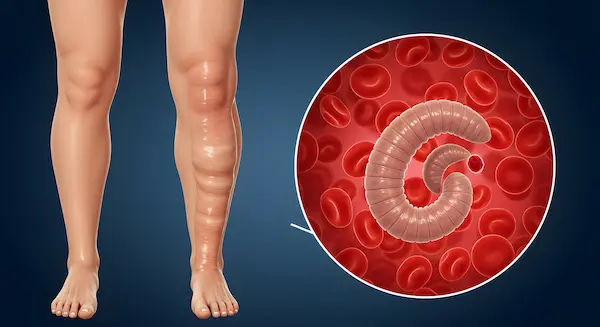
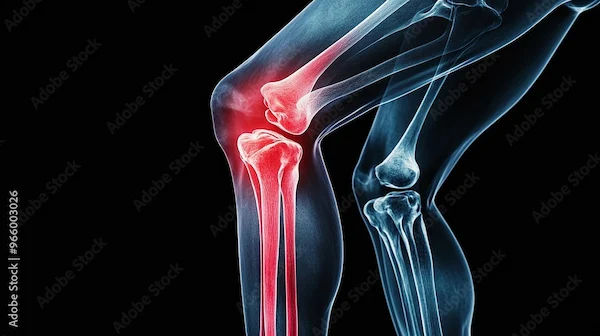
.webp)